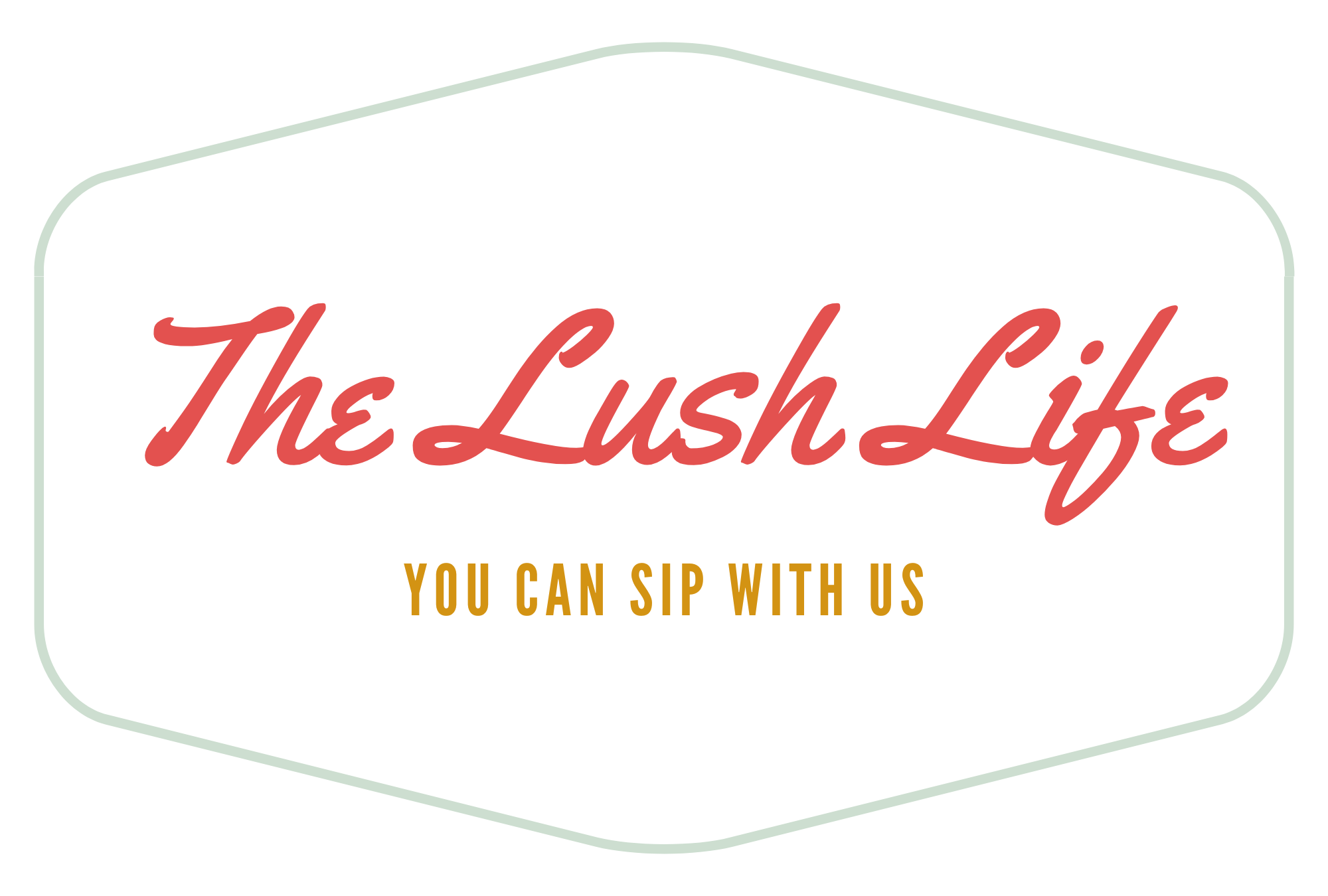Here's What Causes a Wine Headache (and 4 Ways You Can Prevent it)
If you've experienced intense headaches from enjoying an innocent-looking glass of white wine, you know that brutal wine headaches are enough to put you off of vino for good! As a Michelin-starred sommelier, I'm always asked if this is normal and if there's a way to prevent this head-pounding misery. (Editorial Note: In this article, I'm referring to the wine headache triggered while drinking wine-- not to be confused with a wine hangover headache).
Along with the headaches, some wine lovers also experience a flushed face, runny nose, dry eyes, and even a migraine attack. I can’t blame you for feeling like not even the most fantastic glass of red wine is worth the agony. The good news is: wine headaches are entirely avoidable. I'm going to dispel some myths about the cause of your headache... and give you four ways to prevent this from happening to you next time.
Here are the causes of wine headaches and the myths around what causes them:
Wine headaches are no fun, but they’re easily prevented.
Let's get this out of the way: what doesn't cause wine headaches are sulfites.
One of the biggest myths in the world of wine is that the biggest headache trigger is the presence of sulfites. Sulfites are the traces of sulfur dioxide (aka 'SO2') present in wine-- and, the truth is, sulfites are nothing to be afraid of for the vast majority of wine lovers. They are a natural byproduct of fermentation-- so despite what you might have heard, there's no such thing as a truly sulfite-free wine-- sulfites are in all wines. What you might see is a wine with 'no added sulfites.' What does that mean, exactly?
Remember that wine is an agricultural product prone to spoilage (just like that bunch of grapes in the produce aisle). For a wine to be shelf-stable, most wineries will add small amounts of preservatives to ensure the wine tastes as delicious on your table as fresh off the winery bottling line. One of the most effective, natural ways to stabilize a wine? You guessed it: adding a small number of sulfites! Sulfites are antioxidant and antimicrobial. It's not unusual for winemakers to add a little bit when they bottle the wine as a way of quality control.
Why are sulfites often blamed for wine headaches?
Sulfites often get blamed for causing wine headaches, but that's a myth: only about 1% of the population is allergic to sulfites. To serve this 1%, the FDA in the United States mandates that all wines with more than 10 ppm (parts-per-million) SO2 display a warning label that says 'Contains Sulfites.' While this was intended to be helpful to those prone to allergic reactions, unfortunately, it made many people fearful that sulfites are the cause of headaches when they are largely harmless (especially in the small quantities present in wine). It's worth noting that while all wines in the US that have more than 10 ppm of SO2 must have a warning label, the legal limits of SO2 in wine is 210 ppm in Europe and 350 ppm in the US.
Are you allergic to sulfites?
Because sulfites are such an effective preservative, many food items contain high levels (much higher levels than that can be found in wine). Wine has a lower amount of sulfites than everyday items such as dried fruit, french fries, tinned fish, and canned soup. Some other things that have far more sulfites per serving than wine are bottled juices, ketchup, pickles, maple syrup, sauerkraut, maraschino cherries, and aged cheeses-- even many medications are stabilized with the addition of sulfites.
So if you can eat a dried apricot or a tuna sandwich without having an allergic reaction, you should be okay with that glass of Pinot Noir.
If you think you may have an intolerance to sulfites, it's a good idea to talk to a medical professional and discuss your options before enjoying your next glass of Cabernet Sauvignon. In general, red wines have lower levels of sulfites than whites. This is because red wines are made from the whole grape, and the tannins in grape skins, seeds of grapes, and stems of grapes act as natural preservatives. But, since whites only use the juice in the vinification process, they have fewer tannins. They need a little more preservative help from winemakers, which often comes from sulfites. If you think you ARE sensitive, red wines may be a safer option for you.
Another myth is that 'natural wines' don't cause headaches. Even though this winemaking style avoids adding sulfites, we know that sulfites are naturally occurring and aren't a headache or migraine trigger, so sticking to natural wines isn't a bulletproof strategy. The health benefits of natural wine are unproven-- it's still alcohol consumption, so beware of any wine brands that advertise that they're 'good for you' or 'better for you.' This kind of 'wellness-washing' is a dangerous, unethical practice of wine marketing, and there is no type of wine that is 'good for you.' Wine is a source of pleasure that can cause a release of serotonin, and it's a delicious part of a balanced lifestyle. Still, your favorite glass of wine should never be labeled as healthy.
Here's a helpful infographic from Wine Folly showing the different levels of sulfites in common foods & beverages:
If sulfites aren't to blame for your wine headaches, what is?
Here are the factors that actually do cause wine headaches:
Histamines in wine
Histamines are a chemical compound found in many foods, including wine. They're responsible for how you feel after eating certain foods. For example, you might have a histamine intolerance if you have a stuffy nose or red eyes after eating shrimp. Histamines are vasoactive-- they can dilate or constrict blood vessels, and either can cause headaches. If you have seasonal histamine reactions like hay fever, there's a chance that a high level of histamines are the potential culprits and an indicator you may have histamine sensitivity. Consult a medical professional-- but I have a lot of students that have reported if they take an anti-histamine pill in the morning, they can drink wine in the evening with no ill effects.
Added sugar and chemicals in cheaper wines
If a wine is cheaply made (for example, the brands with cute critters or tasty pastries on the label and other wines in that category), it's probably made with low-quality grapes and then treated with additives to make it taste better. These wines can be chaptalized, which means that sugar is added to the unfermented grape juice to boost the alcohol content. They can be fined & filtered with different chemicals; synthetic compounds could be added to contribute tannin or acid, and they can be blasted with food coloring. This is all legally permitted, but since wine companies aren't required to list their ingredients, many mass-produced wine drinkers need to realize all of the things besides grapes they're imbibing. This article goes in-depth on eleven common additives that might be lurking in your wine if you'd like to know more.
If you genuinely enjoy the flavor and wallet-friendly price of mass-produced bulk wines, there's nothing wrong with that— I compare these wines to junk food. Sometimes there's nothing better than a handful of Doritos. Still, there's no question they're filled with many ingredients you can't pronounce that aren't great for your body. Think of bulk wines in that same light.
Most reputable wineries do not load their wines with sugar, chemicals, and coloring (learn more about that here). So, in terms of wine headaches, the extra $5 you spend on a bottle from a winery that doesn't flood their wines with unnecessary additives will save you lots of cash in Ibuprofen the next morning.
Dehydration
I get dehydration headaches when I'm not even drinking wine, like from being in the beating sun all day. So you can imagine the chaos alcohol wreaks om your system, especially when you're already dehydrated. Drink lots of water-- at least two glasses of water for each glass of wine.
Overconsumption
Yep, you're probably drinking a lot of wine if you get wine headaches. Probably too much wine. Try not to drink on an empty stomach. The only thing that can prevent a headache is avoiding consuming too many alcoholic beverages. Enjoy your wine in moderation and say goodbye to wine headaches for good. Cheers!






